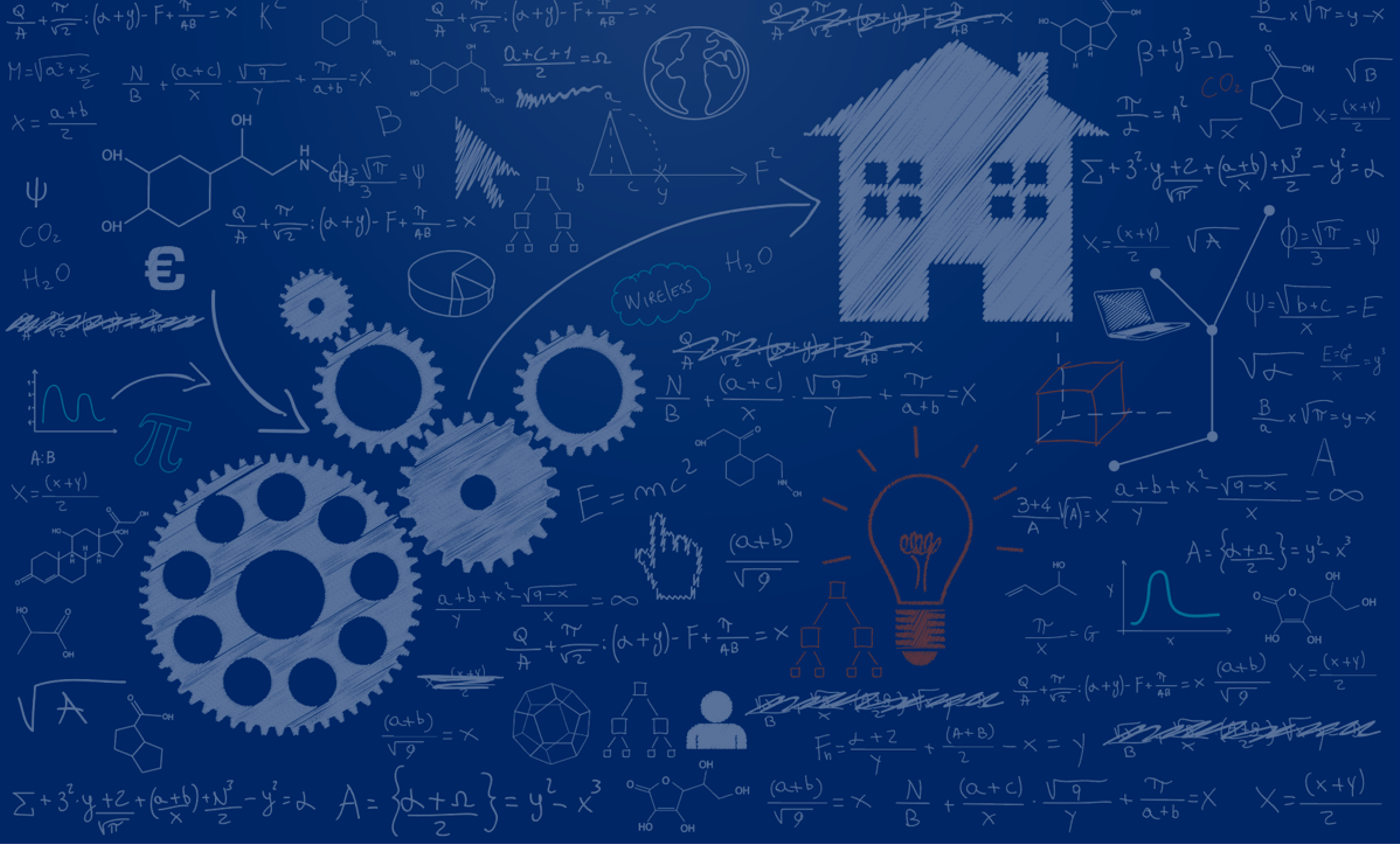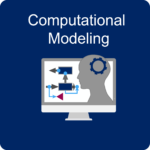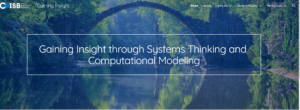Curriculum Modules

- Introduction to Systems
- Systems Are Everywhere
- Bioengineering a Sustainable World
-
Computational Modeling
- Demystifying Machine Learning
- Ecological Networks
- Environmental Influence on Gene Networks
-
Invisible Forest
Unit Plan Lesson 0.5 – It’s Only a Drop of Water (Project Based Learning Plan) Lesson 1 – A Breath of Oxygen Lesson 2 – Who’s who in the photosynthetic world from macro to microscale Lesson 3 – Tools of the Trade Exploratorium: Collecting Oceanographic Data From Where We Cannot See Lesson 3.5 Phytoplankton, Spectrophotometry & Microscopy Labs Lesson 4 – Scaling up: Linking cells in a drop of seawater to global patterns Lesson 5 – Dive into Data: Raw to Results Contributors
-
Modeling Sustainable Food Systems
Food Security Module Overview Lesson FS1: Introduction to Food Security Lesson FS2: Critically Evaluating Food Production Techniques Application: Designing, constructing, and reengineering a system Lesson FS3: Who Cares? Stakeholders! Lesson FS4: Food Security as a System Lesson FS5: Why Don’t We Just Grow More? Lesson FS6: Where Does Our Food Come From? Lesson FS7: Summative Assessment – United Nations Council Meeting Contributors
-
Observing Beyond Our Senses
Unit Plan Lesson 1 – Introduction to Saline Environments & Microbial Halophiles Lesson 2 – Design Process-Measuring Wind Speed Lesson 3 – Inferences From Proxy Variable Mock AFM Lesson 4 – Signal and Noise Lesson 5 – Inferring Properties and Calibrations Lesson 6 – Death Valley Middle Basin Case Study Contributors
-
Ocean Acidification
Unit Plan Lesson 1 – Critical and Systems Evaluation of News Articles Lesson 2 – Exploring CO2 to Better Understand Ocean Acidification Lesson 3 – Defining the Problem: Ocean Acidification Lesson 4 – Planning Cohesive Experiments Lesson 5a – Ocean Acidification Experimentation Lesson 5b – Online Data and Supplemental Evidence Lesson 5b – Online Data and Supplemental Evidence (pre-2018 version) Lesson 5c – Using Ocean Acidification Models to Make Predictions Lesson 6 – Global Ocean Acidification Summit Contributors
-
Carbon’s Fate
-
Systems Medicine Education
-
Standards Addressed
- Community-Contributed
Welcome to a unique module experience
 Our standard SEE curriculum modules are written for science teachers to guide students through lessons. This Computational Modeling module is different. This has been written for students to move through online modeling activities at their own pace and based on their own interests.
Our standard SEE curriculum modules are written for science teachers to guide students through lessons. This Computational Modeling module is different. This has been written for students to move through online modeling activities at their own pace and based on their own interests.
 Activities can be selected based on the level of difficulty or based on the computational tool you want to learn. All activities will result in building a computational model or models that help you explore today’s complex issues and questions. This will guide you to ultimately applying your skills to build and share a model of your choosing. These will also prepare high school and college students who are studying statistics, math, computer science, environmental science, physics, integrated science, biotechnology, or STEM courses to use systems and computational thinking combined with online tools that are used in both the workforce and in academia.
Activities can be selected based on the level of difficulty or based on the computational tool you want to learn. All activities will result in building a computational model or models that help you explore today’s complex issues and questions. This will guide you to ultimately applying your skills to build and share a model of your choosing. These will also prepare high school and college students who are studying statistics, math, computer science, environmental science, physics, integrated science, biotechnology, or STEM courses to use systems and computational thinking combined with online tools that are used in both the workforce and in academia.
These activities cover topics such as feedback loops, behavior over time, data visualization, and differential gene expression with computational tools such as Loopy, Stella Online, Ocean Data View, NetLogo, R, Python, and more!
Please see https://www.gaininginsight.org for all materials or click the button below. This website also highlights the work of 40 high school students who participated in a workgroup during the summer of 2020. These students learned about computational modeling through these activities and then applied that learning to create new modeling activities and projects.
Please feel free to share this webpage. Or download and share this one-page printable description of the module so that others can gain insight into complex issues while learning how to use and apply new skills. If you want to share this with a classroom teacher, this one-page description focuses on specific Next Generation Science Standards, which is important for educators working towards state and national education standards.
If you have trouble accessing the Gaining Insight website, you can find our original beta-testing pages and activities here. However, these pages have not been updated with new content since July 2021 and these pages will only be available through 2021 as we transition all users to https://www.gaininginsight.org. Teachers and students, you may need to add the Gaining Insight website to your approved list of resources. If you need support from the SEE team to do this, please email us at see@isbscience.org and we can provide letters and information to IT administrators to enable use in your district or school.

